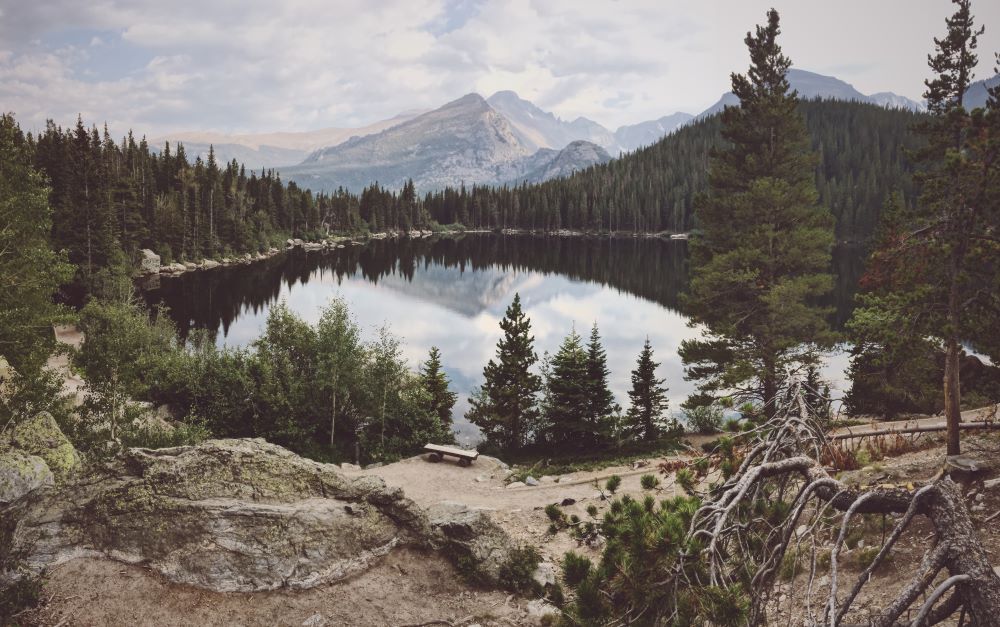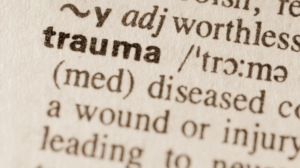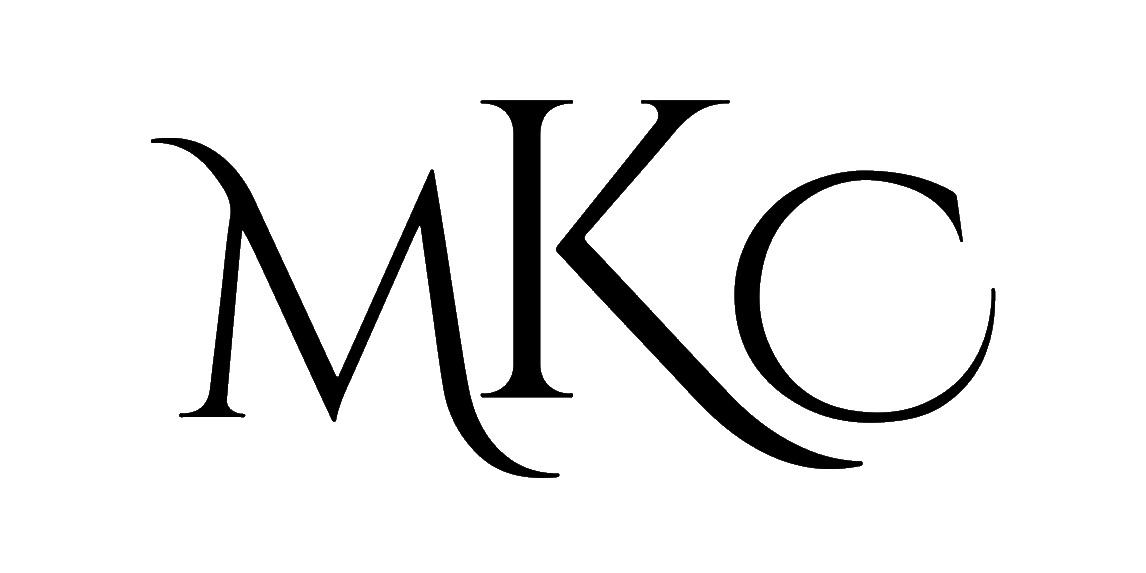Boundaries are everywhere – whether we choose to see them, implement them, and honor them is up to us. When you have good and clear boundaries, they will make you feel safe and give you a sense of personal empowerment and in your relationships with others. So, what exactly is a boundary?
A boundary is a physical and/or energetic buffer that separates you from your world. Boundaries are both real and perceived, tangible and intangible. An example of a real and tangible boundary is your skin. Our skin holds all of our organs within it and keeps the contents of the world outside of it (except of course for our nostrils which bring air into our lungs and our mouths which bring nourishment into our bellies). Another example of a tangible boundary is that of a lake shoreline—under normal conditions this boundary keeps the water in the lake and the land around the lake dry.

On the other hand, perceived and intangible boundaries are ones that you set for yourself.
If (like most humans) you want to live, you will have an intangible boundary that will prevent you from stepping over the edge of a cliff without the proper equipment. A perceived boundary is one that most of us perceive to be true – like knowing not to walk into a store without our clothes on. Another example of a perceived boundary is knowing that it is not ok to walk up to a complete stranger and touch them. Perceived boundaries can be tricky to navigate, especially when there are many factors such as familial and societal messages and rules that contribute to their acceptability and fulfillment.
When you have good boundaries, others also feel safe with you. If you know where my boundaries are, then you can better feel and discern your own boundaries. If, on the other hand, you aren’t sure where my boundaries are, it might be more difficult for you to feel your own. You need boundaries with the culture and with other beings in the instance that you may or may not want others to talk to you a certain way or to touch you. By having clear and communicated boundaries, it enables you to let others know what type of contact you are up for and what type you aren’t.

Healthy boundaries are rather fluid; they flex and bend and ebb and flow as our needs arise and morph. Boundaries tell us who and where we are in space. They are our inner intuitive compass that tells us our “yes” from our “no” orienting and guiding us toward health, wellness and vitality. With healthy boundaries we can ride the wave within the states of duality of consciousness, staying in contact with our authenticity and inner truth all the while.
We can merge energetically with other humans, plants, animals, and the Earth while we are in a non-dual state of consciousness, and yet if we sustain healthy boundaries we do not risk losing our sense of self in the process.
When boundaries are not fluid and are instead rigid, they can hinder us by locking us into a state. If our boundaries are rigid, we are liable to stay stuck in a dual state of consciousness—placing a vast disconnect between us and our world. Don’t get me wrong, sometimes this is needed.
Many of us, especially in our innocence of youth, walk around with relatively diffuse boundaries. We are naturally inclined to walk the Earth with our hearts on our sleeves simply because it feels so good to feel connected. But then one day, life throws us a curveball and we experience something traumatic.

After trauma (which always includes some type of boundary violation), we often need to repair our boundaries and that repair frequently includes becoming over-bounded for a period of time as this will make us feel safer. To be over-bounded is to have rigid, inflexible boundaries that are formed not only to serve as a barrier from potential future negative experiences, but they can also inadvertently create a barrier for positive ones, too.
When we become over-bounded, the longer we stay on our side of the disconnect that reinforces the ‘us versus them’ dynamic. Ultimately we become more isolated which leads to more feelings of separateness, and these feelings of separateness breed fear. This is something I see happening frequently after trauma; people become over-bounded in response to the experience(s) and then get stuck in this state which only heightens the fear.
And yet, we need boundaries because we don’t want to live at the mercy of our world.
It’s important that we don’t also live at the mercy of other people, and their thoughts of us. Without boundaries, we would walk off cliffs, think it’s ok to touch strangers, and otherwise not have a clear sense of our authentic self. We would merge dangerously with others, engage in people-pleasing tendencies, which would in turn place our lives and psyches at risk of further traumatization – as many people who have experienced trauma often do.
We deal with boundary violations every single day in the West (and many other places around the world) with the pollution of our air, toxins leaching into our water, and the many chemicals found in our food. These violations require that we stay vigilant so that we can stay safe. Marches, rallies, and protests are commonly responses to boundary violations.

We humans are also guilty of violating the boundaries of the Earth. We frequently take Earth’s resources without asking, and without reciprocity, or even showing gratitude (a way of relating with the Earth that I am hoping will change for all humans in my lifetime).
Those who identify as highly empathic or highly sensitive, frequently have to work harder at recognizing and implementing boundaries with themselves and others because it is in their nature to be slightly under-bounded which leaves them more vulnerable to others’ energies. However, when consistently practiced this can lead them to become extremely perceptive, making them excellent healers among other professions where reading between the lines is pertinent.
Therapist and boundary expert, Nedra Glover Tawwab, offers several benefits of setting healthy boundaries:
-
Peace of mind
-
Clear roles and expectations
-
More time for yourself (self-care)
-
Ability to be present in areas that matter
-
Honor your needs
-
Less worrying about other people
-
Healthy mutually supportive relationships
-
Less, frustration, anger, resentment, and burnout
Want to work on boundaries? Want to explore boundaries in a safe container to find your own natural boundaries? Join me for my Earth Medicine: The Five Elements of Healing course. With the Water Element as the keeper of boundary wisdom, you will leave this course with a very clear understanding of where your boundaries naturally live, where they become diffuse and where they need support. Hope to see you in the circle soon!

